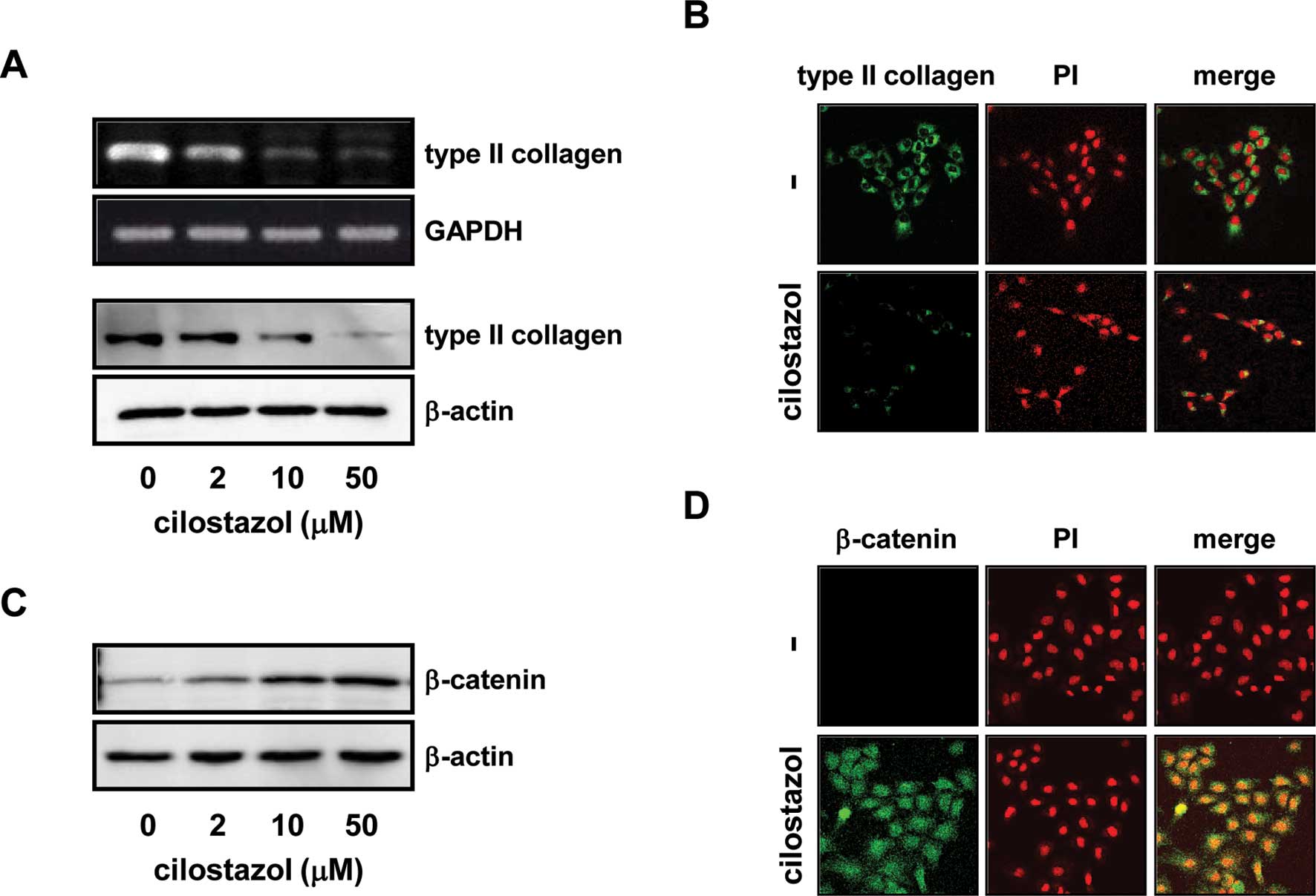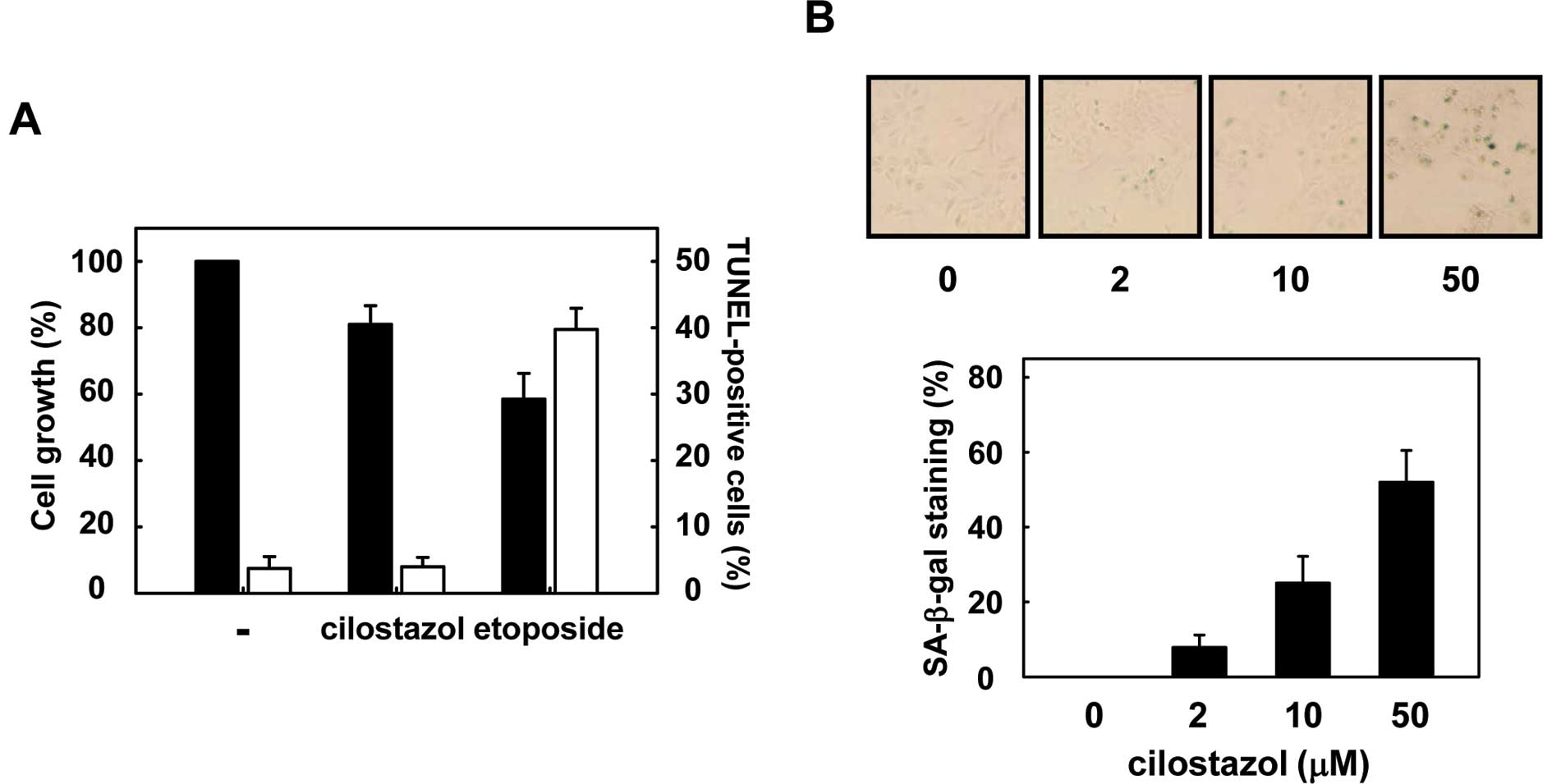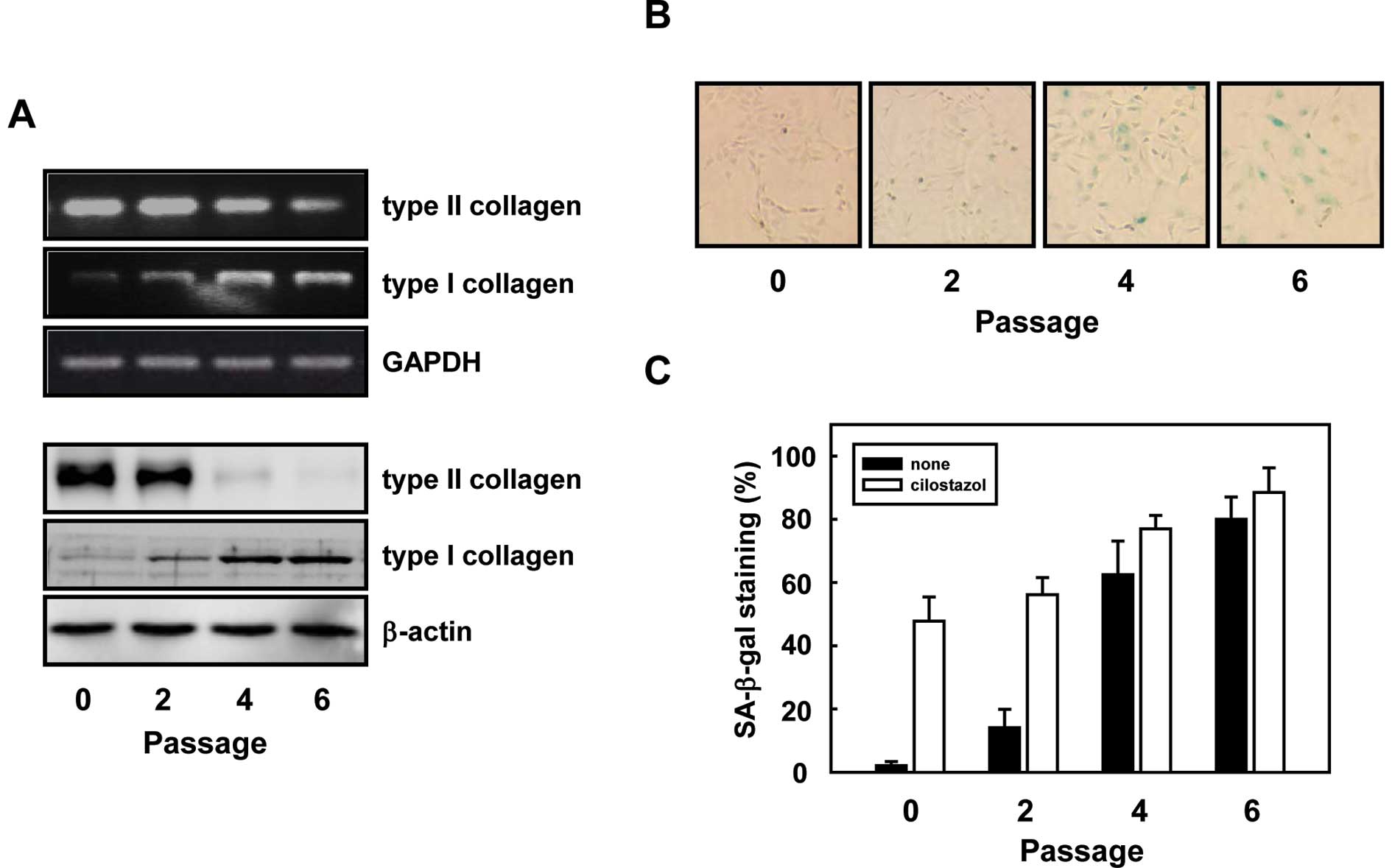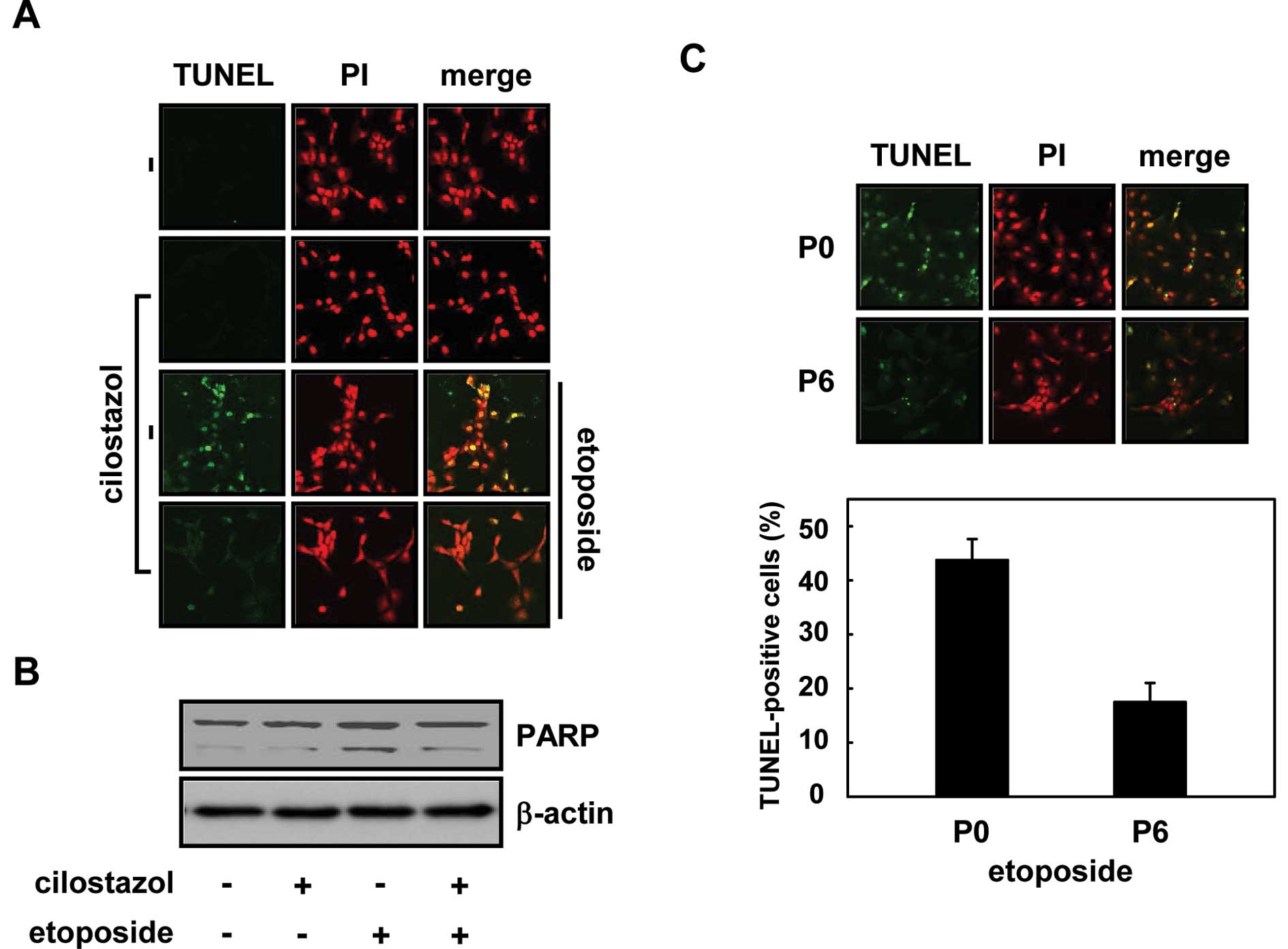|
1
|
LJ SandellP AdlerDevelopmental patterens
of cartilageFront Biosci4D731D742199910.2741/Sandell10525482
|
|
2
|
AM DeLiseL FischerRS TuanCellular
interactions and signaling in cartilage developmentOsteoarthritis
Cartilage8309334200010.1053/joca.1999.030610966838
|
|
3
|
MB GoldringThe role of the chondrocyte in
osteoarthritisArthritis
Rheum4319161926200010.1002/1529-0131(200009)43:9%3C1916::AID-ANR2%3E3.0.CO;2-I11014341
|
|
4
|
PJ RoughleyArticular cartilage and changes
in arthritis: noncollagenous proteins and proteoglycans in the
extracellular matrix of cartilageArthritis
Res3342347200110.1186/ar32611714388
|
|
5
|
D EyreCollagen of articular
cartilageArthritis Res43035200210.1186/ar380
|
|
6
|
T CawstonC BillingtonC CleaverS ElliottW
HuiP KoshyB ShingletonA RowanThe regulation of MMPs and TIMPs in
cartilage turnoverAnn NY Acad
Sci878120129199910.1111/j.1749-6632.1999.tb07678.x10415724
|
|
7
|
HA KimYW SongApoptotic chondrocyte death
in rheumatoid arthritisArthritis
Rheum4215281537199910.1002/1529-0131(199907)42:7%3C1528::AID-ANR28%3E3.0.CO;2-910403282
|
|
8
|
T AignerHA KimApoptosis and cellular
vitality: issues in osteoarthritic cartilage degenerationArthritis
Rheum4619861996200210.1002/art.1055412209500
|
|
9
|
JA MartinJA BuckwalterTelomere erosion and
senescence in human articular cartilage chondrocytesJ Gerontol A
Biol Sci Med Sci56B172B179200110.1093/gerona/56.4.B17211283188
|
|
10
|
S AsadaK FukudaF NishisakaM MatsukawaC
HamanisiHydrogen peroxide induces apoptosis of chondrocytes;
involvement of calcium ion and extracellular signal-regulated
protein kinaseInflamm Res501923200110.1007/s000110050719
|
|
11
|
K ItahanaJ CampisiGP DimriMechanisms of
cellular senescence in human and mouse
cellsBiogerontology5110200410.1023/B:BGEN.0000017682.96395.1015138376
|
|
12
|
M WlaschekW MaP Jansen-DürrK
Scharffetter-KochanekPhotoaging as a consequence of natural and
therapeutic ultraviolet irradiation: studies on PUVA-induced
senescence-like growth arrest of human dermal fibroblastsExp
Gerontol3812651270200310.1016/j.exger.2003.09.006
|
|
13
|
RF LoeserAging and osteoarthritis: the
role of chondrocyte senescence and aging changes in the cartilage
matrixOsteoarthritis
Cartilage17971979200910.1016/j.joca.2009.03.00219303469
|
|
14
|
JA MartinJA BuckwalterAging, articular
cartilage chondrocyte senescence and
osteoarthritisBiogerontology3257264200210.1023/A:102018540412612237562
|
|
15
|
Y KimuraT TaniT KanbeK WatanabeEffect of
cilostazol on platelet aggregation and experimental
thrombosisArzneimittelforschung351144114919854074426
|
|
16
|
K TanakaF GotohY FukuuchiT AmanoD UematsuJ
KawamuraT YamawakiN ItohK ObaraK MuramatsuEffects of a selective
inhibitor of cyclic AMP phosphodiesterase on the pial
microcirculation in feline cerebral
ischemiaStroke20668673198910.1161/01.STR.20.5.6682718208
|
|
17
|
KR JaffPharmacotherapy for peripheral
arterial disease: emerging therapeutic
optionsAngiology53627633200210.1177/00033197020530060212463615
|
|
18
|
DL DawsonBS CutlerMeissner MH and
Strandness DE Jr: Cilostazol has beneficial effects in treatment of
intermittent claudication: results from a multicenter, randomized,
prospective, double-blind
trialCirculation98678686199810.1161/01.CIR.98.7.678
|
|
19
|
SW LeeYS SongSH ShinKT KimYC ParkBS ParkI
YunK KimSY LeeWT ChungCilostazol protects rat chondrocytes against
nitric oxide-induced apoptosis in vitro and prevents cartilage
destruction in a rat model of osteoarthritisArthritis
Rheum58790800200810.1002/art.2322018311796
|
|
20
|
SY ParkSW LeeHK ShinWT ChungWS LeeBY
RhimKW HongCD KimCilostazol enhances apoptosis of synovial cells
from rheumatoid arthritis patients with inhibition of cytokine
formation via Nrf2-linked heme oxygenase 1 inductionArthritis
Rheum62732741201010.1002/art.2729120131233
|
|
21
|
GP DimriX LeeG BasileM AcostaG ScottC
RoskelleyEE MedranoM LinskensI RubeljO Pereira-SmithA biomarker
that identifies senescent human cells in culture and in aging skin
in vivoProc Natl Acad Sci
USA9293639367199510.1073/pnas.92.20.93637568133
|
|
22
|
S HashimotoRL OchsS KomiyaM LotzLinkage of
chondrocyte apoptosis and cartilage degradation in human
osteoarthritisArthritis
Rheum4116321638199810.1002/1529-0131(199809)41:9%3C1632::AID-ART14%3E3.0.CO;2-A9751096
|
|
23
|
R GoggsSD CarterG Schulze-TanzilM
ShakibaeiA MobasheriApoptosis and the loss of chondrocyte survival
signals contribute to articular cartilage degradation in
osteoarthritisVet
J166140158200310.1016/S1090-0233(02)00331-312902179
|
|
24
|
N YatsugiT TsukazakiM OsakiT KojiS
YamashitaH ShindoApoptosis of articular chondrocytes in rheumatoid
arthritis and osteoarthritis: correlation of apoptosis with degree
of cartilage destruction and expression of apoptosis-related
proteins of p53 and c-mycJ Orthop
Sci5150156200010.1007/s007760050142
|
|
25
|
SW LeeHJ LeeWT ChungSM ChoiSH RhyuDK KimKT
KimJY KimJM KimYH YooTRAIL induces apoptosis of chondrocytes and
influences the pathogenesis of experimentally induced rat
osteoarthritisArthritis
Rheum50534542200410.1002/art.2005214872496
|
|
26
|
KY KimHK ShinJM ChoiKW HongInhibition of
lipopolysaccharide-induced apoptosis by cilostazol in human
umbilical vein endothelial cellsJ Pharmacol Exp
Ther300709715200210.1124/jpet.300.2.70911805237
|
|
27
|
JM ChoiHK ShinKY KimJH LeeKW
HongNeuroprotective effect of cilostazol against focal cerebral
ischemia via antiapoptotic action in ratsJ Pharmacol Exp
Ther300787793200010.1124/jpet.300.3.78711861782
|
|
28
|
T AignerY ZhuHH ChanskyFA Matsen IIIWJ
MaloneyLJ SandellReexpression of type IIA procollagen by adult
articular chondrocytes in osteoarthritic cartilageArthritis
Rheum4214431450199910.1002/1529-0131(199907)42:7%3C1443::AID-ANR18%3E3.0.CO;2-A10403272
|
|
29
|
Y HenrotinS AddisonV KrausM DebergType II
collagen markers in osteoarthritis: what do they indicate?Curr Opin
Rheumatol19444450200710.1097/BOR.0b013e32829fb3b517762609
|
|
30
|
YM YoonSJ KimCD OhJW JuWK SongYJ YooTL
HuhJS ChunMaintenance of differentiated phenotype of articular
chondrocytes by protein kinase C and extracellular signal-regulated
protein kinaseJ Biol
Chem27784128420200210.1074/jbc.M11060820011744731
|
|
31
|
A BrandlA HartmannV BechmannB GrafM
NerlichP AngeleOxidative stress induces senescence in chondrocytesJ
Orthop Res2911141120201110.1002/jor.2134821284033
|
|
32
|
A SalminenJ OjalaK KaarnirantaApoptosis
and aging: increased resistance to apoptosis enhances the aging
processCell Mol Life
Sci6810211031201110.1007/s00018-010-0597-y21116678
|
|
33
|
WE Horton JrL FengC AdamsChondrocyte
apoptosis in development, aging and diseaseMatrix
Biol17107115199810.1016/S0945-053X(98)90024-59694591
|
|
34
|
K KuhnDD D’LimaS HashimotoM LotzCell death
in cartilageOsteoarthritis
Cartilage12116200410.1016/j.joca.2003.09.015
|


















